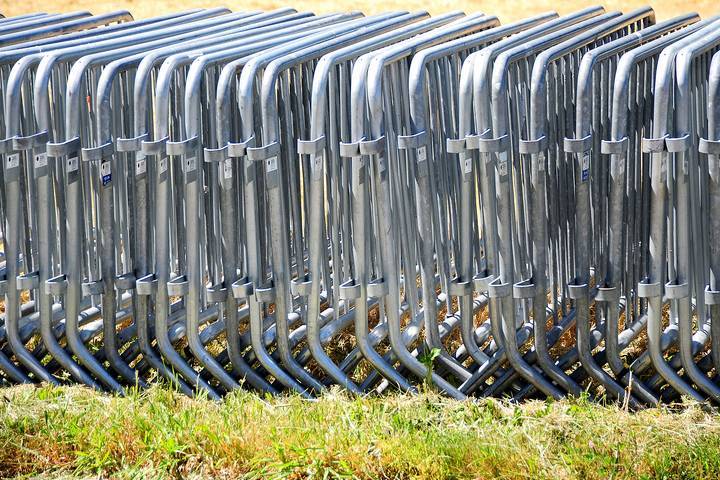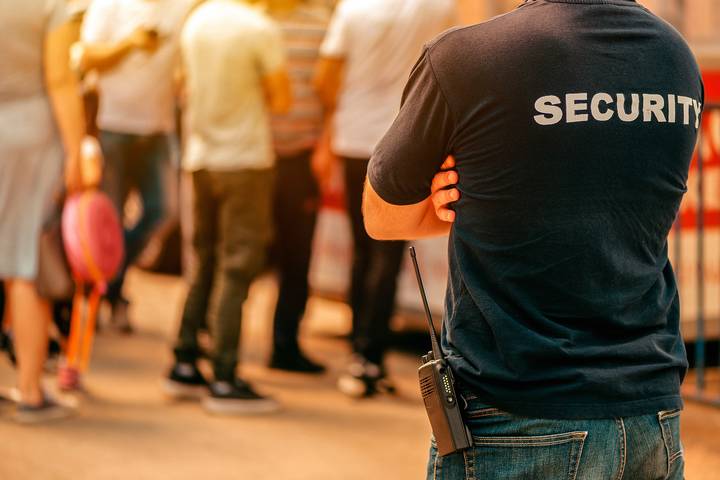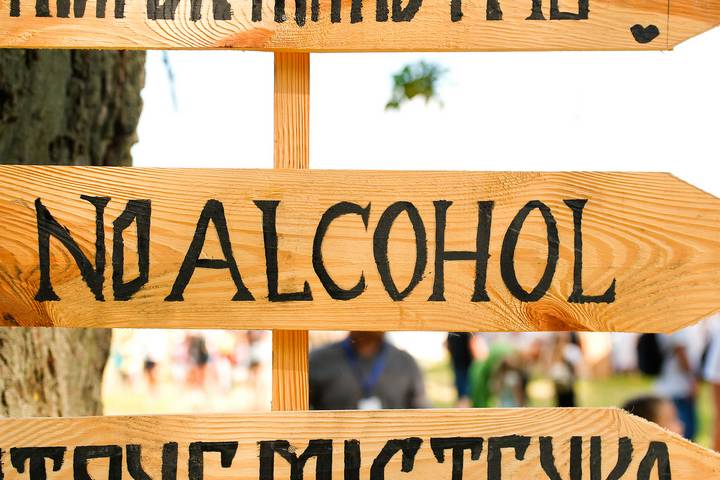Sporting events bring people together to celebrate their favourite teams and athletes. The well-being and security of fans, players, and staff should be top priorities.
By implementing strategies, event organizers at sports venues can create a safe and enjoyable atmosphere for all attendees. Stringent security measures, such as effective crowd management strategies and thorough screenings, can help deter potential troublemakers and swiftly address incidents. At the same time, fostering a positive and respectful environment will ensure that fans can focus on their love for the game.
Let’s review some effective strategies for preventing violence from erupting when a large crowd gathers. By taking these proactive steps, everyone can play a role in safeguarding the excitement and joy of attending a sporting event.
1. Access Barriers

Event organizers can enhance security measures and deter potential troublemakers by controlling and limiting entry points. Access barriers can include ticketing systems, turnstiles, metal detectors, or bag checks, which help ensure that only authorized individuals enter the venue.
These barriers also efficiently screen attendees for prohibited items like weapons or alcohol. By implementing effective access control measures, sporting events can create a secure environment, reduce the risk of violence, and provide attendees with peace of mind.
2. Embrace New Technology

AI-based stadium security measures can effectively prevent violence at sporting events. A step up from the screening processes of the past, AI entry security screening can detect weapons and other prohibited items, allowing the security team to take care of threats before they happen.
Facial recognition technology can identify individuals with a history of violence or criminal behaviour, allowing security personnel to intervene before incidents occur. In real-time, AI-powered video analytics can detect suspicious activities, such as fights or aggressive behaviour, triggering an immediate response from security teams. Predictive analytics can analyze data patterns and identify potential threats, enabling proactive security measures.
AI can also monitor social media platforms for potential threats or concerning posts related to the event. These advanced AI security solutions create a safer environment and mitigate the risk of violence at sporting events.
3. Increasing the Visibility of Security

By making security personnel and their activities visible, potential troublemakers are dissuaded from disruptive behaviour. The presence of uniformed security personnel throughout the venue sends a clear message that any misconduct will not be tolerated.
Prominently displayed security signage and visible surveillance cameras serve as deterrents, reminding individuals of the consequences of their actions. Proactive engagement by security personnel, such as bag checks and screenings, adds an extra layer of security and helps to minimize the likelihood of violence.
Organizers can also collaborate with local law enforcement agencies to establish a visible and coordinated presence, ensuring a swift response to security concerns.
4. Alcohol Management

Effective alcohol management is crucial for preventing violence at sporting events. Implementing responsible drinking policies and strategies can help mitigate the risk of alcohol-related incidents. This includes limiting the availability of alcohol, promoting responsible consumption, and enforcing strict age verification measures.
Training staff to recognize signs of intoxication and intervene when necessary is also essential. Providing plenty of alternative non-alcoholic beverage options and promoting responsible drinking campaigns can also be extremely helpful.
5. Fan Code of Conduct

Promoting a safe and respectful environment is possible by establishing clear guidelines and expectations for fan behaviour. Create a well-publicized fan code of conduct that sets expectations for behaviour and outlines consequences for violations.
The code of conduct can include provisions against physical violence, verbal abuse, discriminatory behaviour, and other disruptive actions. It should also emphasize the importance of sportsmanship, respect for opponents, and adherence to stadium rules.
Communicating and enforcing the code of conduct through public announcements, signage, and ticketing information can help promote positive fan behaviour.
6. Removing Disruptive Spectators

Swift and decisive action against people engaging in disruptive behaviour will convey that such activities will not be tolerated. Security personnel should be trained to promptly identify and address disruptive behaviour, intervening when necessary. This may involve removing the individual from the venue, confiscating prohibited items, or taking legal action if required.
Clear protocols and procedures should be in place to ensure the safety of other attendees while removing disruptive spectators. By swiftly dealing with disruptive individuals, sporting events have a better chance of maintaining a safe and peaceful environment for all participants.
7. Adequate Staff Training

Adequate staff training is essential in preventing violence at sporting events. Event management, security, and customer service should all receive comprehensive training on conflict resolution, crowd control, and identifying potential signs of violence. Training should focus on communication skills, de-escalation techniques, and understanding crowd dynamics.
Staff should also be educated about the event’s security protocols, emergency procedures, and the importance of adhering to the fan code of conduct. Regular refresher courses and scenario-based training can help staff stay prepared and confident in handling challenging situations.

